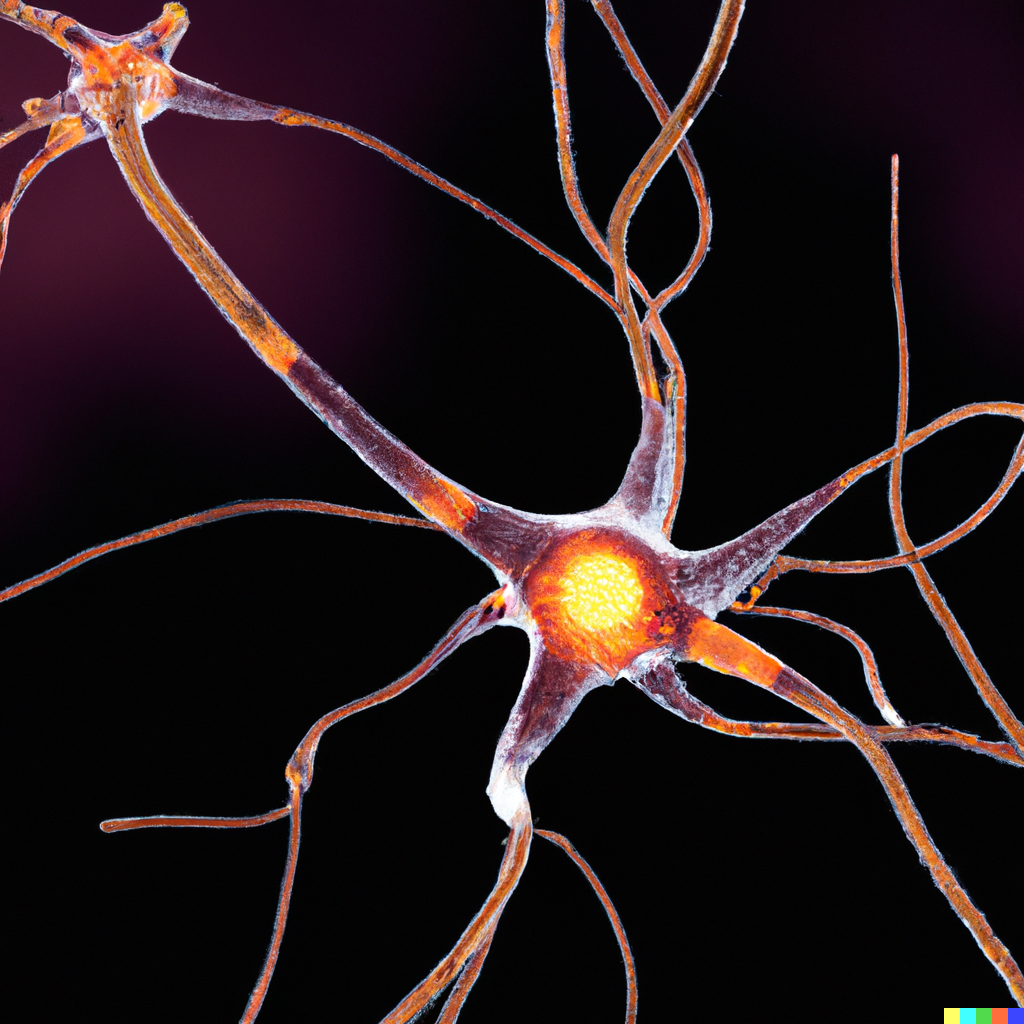Tag: science
-

White Matter vs. Gray Matter: Understanding Their Roles in Dementia
Dementia, a progressive neurological disorder, affects millions of people worldwide, causing a decline in cognitive function and memory loss. As dementia progresses, it can severely impair an individual’s ability to perform daily activities. One of the critical factors in understanding dementia is the role of brain structures, particularly white and gray matter. In this article, […]
-

The Rising Tide of Dementia: Understanding the Growing Population with Dementia
Dementia, a devastating and progressive neurological disorder, is on the rise worldwide. As the global population continues to age, the number of people affected by dementia is expected to increase dramatically. According to the World Health Organization (WHO), nearly 50 million people were living with dementia in 2020, a number projected to reach 75 million […]
-

White Matter and Gray Matter – Dissecting Dementia and Alzheimer’s Disease
The brain is a complex organ that controls every aspect of our body, including our thoughts, emotions, and movements. It is made up of millions of cells called neurons, which communicate with each other through electrical and chemical signals. Two types of tissues in the brain, white matter and gray matter, play crucial roles in […]
-

Understanding The Role of Genetics in Dementia and Alzheimer’s Risk
Dementia is a broad term used to describe a range of symptoms affecting cognitive function, such as memory loss, problems with thinking and reasoning, and changes in personality and behavior. Alzheimer’s disease is the most common form of dementia, accounting for 60-80% of all dementia cases. It is a progressive neurological disorder characterized by the […]
-

Beta-Amyloid Accumulation and Cognitive Decline: Insights from Alzheimer’s Disease Research
Alzheimer’s disease is a neurodegenerative disorder that affects millions of people worldwide, causing cognitive decline, memory loss, and other debilitating symptoms. One of the most well-known features of Alzheimer’s is the buildup of beta-amyloid, a protein fragment that accumulates in the brain and forms sticky clumps known as amyloid plaques. But what causes beta-amyloid to […]
-

TDP-43, Beta-Amyloid and Alzheimer’s: New Insights into the Role of Toxic Proteins
Alzheimer’s disease is a neurodegenerative disorder characterized by the accumulation of toxic proteins in the brain, leading to cognitive decline and memory loss. While beta-amyloid and tau have long been considered the main culprits behind the development and progression of Alzheimer’s, recent research has suggested that other toxic proteins may also play a role in […]
-

Can Alcohol Cause Dementia: The Relationship Between Alcohol Consumption and Dementia Risk
Dementia, a debilitating neurodegenerative disease, affects millions of people worldwide, and with an aging global population, the number of dementia cases is expected to rise sharply in the coming decades. Characterized by progressive cognitive decline, dementia severely impairs memory, thinking, behavior, and the ability to perform everyday tasks. Alzheimer’s disease, the most common form of […]
-

Genetic Testing for Dementia – How to Test for the ApoE4 Gene
Alzheimer’s disease (AD) is a debilitating neurodegenerative disease that affects millions of people worldwide. While the exact causes of AD are not fully understood, it is thought to be a complex interplay between genetic and environmental factors. One genetic variant that has been linked to an increased risk of developing AD is the APOE4 variant […]
-

Types of Diagnostic Scans for Screening Dementia and Alzheimer’s – CT, MRI, PET Scans
There are several types of scans that may be used to help diagnose and monitor dementia, including: The choice of imaging technique for detecting other types of dementia will depend on the specific type of dementia and the individual patient’s symptoms and medical history. For example, in vascular dementia, which is caused by reduced blood […]
-

What are the Stages of Alzheimer’s Disease?
Alzheimer’s disease is a degenerative neurological disorder that affects millions of people worldwide. It is a progressive condition that gradually destroys a person’s memory, thinking, and ability to perform daily activities. Alzheimer’s disease is the most common cause of dementia in older adults, accounting for 60-80% of all cases. The condition is named after Alois […]